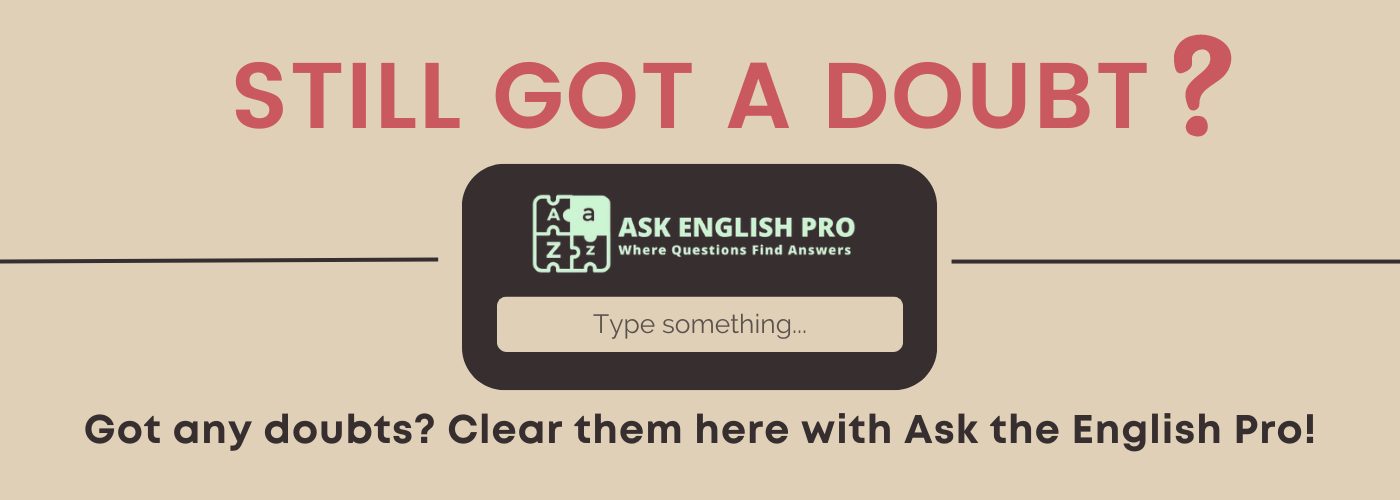Detailed Article for the Word “Wily”
What is Wily: Introduction
Imagine a clever fox, slipping through traps and outwitting hunters at every turn. This is the essence of “wily”—someone or something marked by cunning, skill, and a knack for evading obstacles. To be wily is to have a natural talent for outsmarting others, often through subtlety and resourcefulness. In an age where strategic thinking and clever maneuvers are highly valued, understanding the concept of wiliness gives insight into a timeless aspect of human (and animal) behavior, spanning stories from ancient folklore to modern business strategies.
Origin and History of the Word Wily
The word “wily” originates from the Old English word “wile,” which means “a trick or cunning scheme.” This word is closely related to the Old Norse “vel,” meaning “crafty or skillful,” and has roots in the Proto-Germanic “*wīliją,” reflecting deception or strategic intelligence. First recorded in the 14th century, “wily” has historically described those who use clever, often subtle methods to achieve their aims, whether in mythological trickster figures or in real-life schemers. Over time, it became associated not only with cunning behavior but also with the strategic wisdom often required to navigate complex social or professional situations.
Meaning and Definition of Wily
Wily (adjective):
- Clever and crafty, especially in a way that involves deceit or subtle tricks
- Skillful at gaining an advantage, particularly through indirect, sometimes deceptive means
- (In literature) Often used to describe characters known for their cunning or intelligence
How to Pronounce Wily
WHY-lee
How to Remember Wily: Memory Tips
To remember “wily,” think of “wildly clever” or imagine a “wily coyote”—like the cartoon character known for his cunning attempts to catch his prey. Picture a fox with a sly smile, eyes gleaming with clever ideas to outsmart anyone in its way. Another memory tip: associate “wily” with “willful and sly,” as it reflects someone who skillfully gets what they want through their intelligence.
Wily in a Sentence: Examples and Usage
- Literary: The wily detective always managed to uncover the truth, even when the suspects thought they were safe.
- Business: The entrepreneur’s wily negotiating tactics helped her close deals that others thought were impossible.
- Historical: Many rulers relied on wily advisors who knew how to navigate the complexities of court politics.
- Animal Behavior: The wily fox easily evaded the hunters, slipping into the woods undetected.
- Personal: She knew her younger brother was wily enough to find where she’d hidden the cookies.
- Political: The politician’s wily rhetoric persuaded the public, even as critics saw through his tactics.
Difficulty Level of Using Wily
Intermediate: Though straightforward in meaning, “wily” is best used in contexts involving clever, often subtle, strategies. It’s frequently seen in literature and discussions of intelligence or cunning behavior.
Modern Usage of Wily in Contemporary Context
In today’s language, “wily” is often used to describe cleverness that skirts the edge of deceit but remains impressive in its ingenuity.
In Business and Negotiation:
- In competitive industries, wily business strategies are often praised for their effectiveness and insight.
- Negotiators may employ wily tactics to gain favorable terms, particularly when working with limited resources.
Literature and Media:
- Characters in novels, especially in thrillers or dramas, are often described as wily when they use clever tricks to achieve their goals.
- The word appears frequently in discussions of political strategy, describing leaders who use subtle tactics to outmaneuver opponents.
Everyday Life:
- People often use “wily” to describe individuals who are resourceful or creatively solve problems.
- In informal settings, someone might call a friend “wily” if they successfully navigate a tricky situation with ease.
Today, “wily” captures a mix of admiration and caution, as it praises intelligence while acknowledging the potential for cunning, resourceful tactics. Whether in stories, professional contexts, or personal anecdotes, wily behavior highlights the art of clever strategy and adaptability.




















wily e coyote, in “The road runner” was wily named.
Well observed..! Helps in remembering